Which political party pose the greatest danger following the election result in 2016?
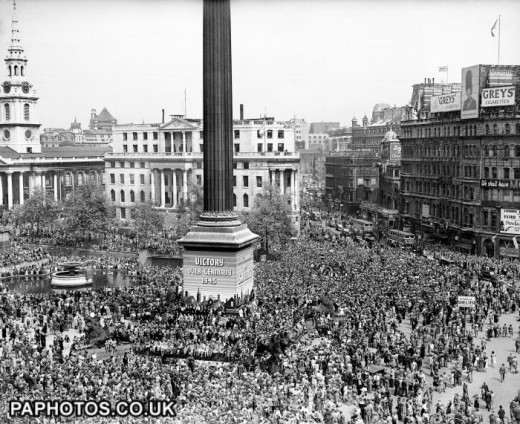
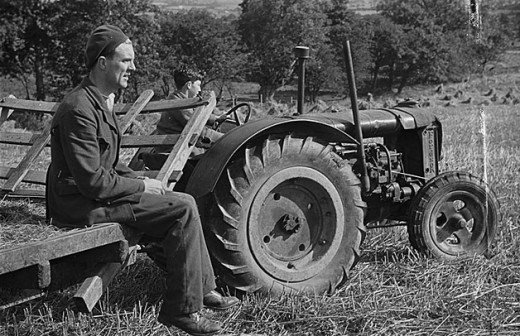
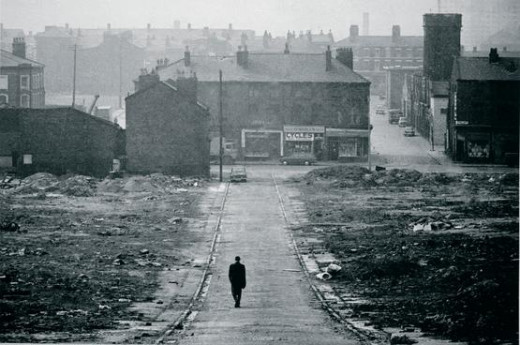
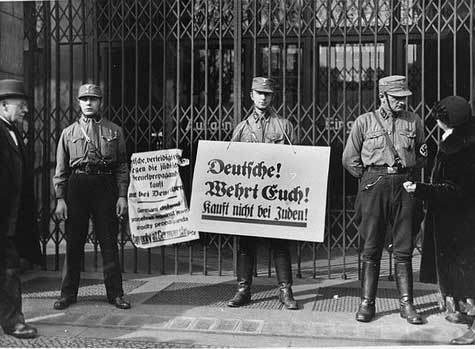


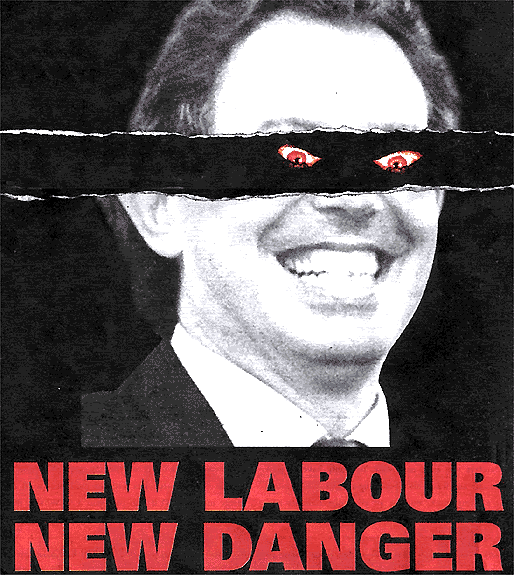
With the 2015 General Election on the horizon our thoughts should be about which political party we feel would be best to lead us in these dangerous times.
For pretty much a hundred years, British politics has swung, fairly evenly, between just the Labour and Conservative parties, excluding a short period during the Second World War when there was a successful coalition Government fighting a common enemy
Unlike other powerful nations Britain has always had the guiding hand of a monarch to bring sanity and unite the people despite the excesses and corruption of politicians and those who would rule by force. In short Britain is a country that is ruled by the consent of the people.
In 1945 Britain was an exhausted nation, despite being victors with her allies against the Nazis and the Japanese. Her people were drained, the infrastructure was shattered, millions of homes destroyed, the coffers empty and the country owed millions to their allies borrowed to fight and free the innocent victims in Europe and the Far East.
Throughout the 1950s and 60s Britain struggled with outdated pre-war machines, poor and temporary housing and a legacy of thousands of injured ex-servicemen, and families with no fathers, while countries such as Germany, Italy and Japan had millions poured into them to replace their industry and housing.
In all honesty, Britain was still fighting a war but of a different sort, a war to rebuild our industry, with no hand-outs from our allies, a war to recover our self-esteem and pride.
Various Governments of different political colours half-heartedly tried various ill-conceived schemes to increase productivity, cut unemployment and fight the self-serving actions of many of the Unions controlled by their Soviet masters and supported by the majority of the Labour party.
By the time we reached 1979 Britain’s position in the world was as a has-been, an old tired giant that anyone could poke and provoke with little chance of repercussions. However in May 1979 Britain elected the first women Prime Minister, a Conservative by the name of Margret Thatcher. The smirks on the face of the old-school politicians were soon wiped as Britain began a serious programme to restore industrial capability and bring the worst excesses of the Trade Unions under control.
The trade unions immediately began a campaign of wild-cat strikes, secondary picketing and civil disobedience. However the unions underestimated the will of the general population who wanted to work, to earn money and had no time or sympathy for political games. The public were sick and tired of the constant strikes, the loss of wages caused by political wrangles and the collapse of many companies that could not continue in these conditions. The Conservative Government worked with the more reasonable and realistic unions and sympathetic employers and brought the militant unions under control, which despite vocal protests from political activists, met with general public approval.
In April 1982 Argentina, thinking we would just roll over, made the serious mistake of invading the Falkland Islands. Within a matter of weeks Britain had mobilised a powerful Task Force which after a period of bloody fighting kicked the shocked Argentines off the islands and sent them home, where they have whinged ever since.
With the unions and employers now starting to work together and Britain regained a feeling of self-identity and pride and this reflected in our world dealings thereafter.
The Conservatives held power for a long while after this, during which time the militant Labour Party supporters attempted to undermine and drag the country down again by constant wildcat strikes and civil disobedience. On the death of the moderate John Smith of the Labour Party a new figure, Tony Blair, came onto the scene, who could barely conceal his hatred of Margret Thatcher and the old moderate Labour Party.
He learned quickly from the strong leadership of Margret Thatcher, hijacked many of her policies and set about creating “New Labour” which infuriated the rank and file of the traditional Labour Party, as it rode on the back of a membership that neither recognised it or did not support it. This was a very worrying time for British politics as for the first time the public, who were always pretty much split evenly were totally confused, many voting as if there was no change. It soon became apparent that “New Labour” counted many anti-royalists and militant, communist activists among its members and planned to change the electoral system and boundaries to ensure its future re-election and politicisation of the armed forces, police and judiciary.
We need to go back in history, a little, to the 1930s when the nationalist party was emerging in Germany following the Great War and their political and financial decimation. We can draw parallels between the infant Nazi party and New Labour even though politically they should be on opposing sides. In Germany’s case reparations demanded by France were so greedy that Germany was bled dry and became a hotbed for revenge. Conditions in both Britain and Germany had been similar as both Governments were elected on a platform of social reform and both had shamed their people by their previous disgraceful actions.
It would not be accurate to compare the actions of the New Labour Government directly with that of a fascist dictatorship or alternatively that of a left-wing dictatorship. For the time being the Parliamentary Democracy of Britain was intact but under threat.
The effects of Nazi dominance in German politics and the subsequent threat to the democratic freedom of Europe were not purely because of the Nazi’s murderous intentions to Jews and others. The intentions were far more measured and insidious. Let’s list a few of the policies of Germany in the 1930s, which had great similarities to those of “New Labour”.in the 1990s.
1. Forge an alliance with a weak party with the intention of creating a tactical vote, which would exclude any major political opposition.
2. Having achieved this, change the parliamentary voting system so that there will effectively be only a one party system.
3. Ridicule and penalise the Monarchy, aristocracy and large landowners.
4. Bring the police, judiciary and armed forces under political control.
5. Remove all private ownership of firearms from the public.
6. Introduce draconian systems of public surveillance and personal records.
7. Introduce systems to encourage sneaking to the authorities on the actions of others, even parents and friends.
8. Amend the judicial system to allow judgement and imprisonment without juries.
And so on and so on, might I suggest this is starting to sound a little familiar ?
As you know, having subjugated the people, the true intentions of the Nazi fascists started to appear, in earnest.
Once elected and even under conditions of severe intimidation, the Nazi party received only 40% of the vote. Under the circumstances of fear and persecution that would have prevailed at the time, I think the amazing thing was that 60% of the people did not vote for them. By the time that the Nazis realised that they were accountable to no one, persecution, denouncement and murder was the norm. Dissidents were rounded up and sent to prison camps or quietly executed. When British mothers were chastising their children by suggesting the bogie-man would get them, if they continue to misbehave, German mothers were telling their children they would be the next up the chimney ! Can you imagine living in such an environment ?
The Nazi Government was not just guilty of the death of the millions that did not fit their ideology, but guilty of the brutalising and dehumanising of nearly 100 million civilised people such as you and me. History has proven time and time again that there is a very short step from benign social reform to oppressive, brutal dictatorship. When the Government of a country is guided by political motivation without accountability then it is time for the people to beware.
The name “New Labour” seems to have been dropped by the current leaders of the Labour Party and, on the face of it, there seems to be some return to the old values and morals. However, having shown the true colours of many of their membership I would need to be rather more convinced that it hasn’t been pushed underground, only to emerge later.
Britain is showing encouraging signs of recovery, despite interference from the EU and some of our previous allies. The current Labour Party seems to be an unknown quantity, their leadership is weak and it’s quite obvious that just below the surface heavy left wing policies are waiting to emerge.
The Conservative/Liberal coalition limps along but is neither one thing nor the other. To form a strong Government the Conservatives must dump the Liberals who have no chance of forming a workable government and just drag the Conservatives down.
Recently we have seen a rise in fringe parties, Green, UKIP and many other local interest organisations which serve little purpose other than to split the vote of the major parties. These parties can form a useful barometer when it comes to local elections but have neither the experience or ability to run a nation.
The more dangerous parties are those such as the SNP (Scottish National Party) who want to just break away from the United Kingdom and form their own independent Scotland. They still, however, want to be supported financially by England, Wales and Northern Ireland but offer nothing in return. It was interesting to note that the SNP considered that all of the oil revenue was to be paid into their coffers, but immediately the price of oil dropped recently they were back insisting that the remainder of the UK support them financially. They also wanted to shut down all naval bases in Scotland but expected us to defend them in times of crisis.
The world is in turmoil and frankly on the verge of collapse. Use your vote wisely; if we all do this perhaps we can avoid disaster.
Now that the Liberals have become a spent party again the Conservatives can get on with the job of repairing the country. New Labour has gone, the Milibands are history. However the Government system has taken a huge step back into the 1970's. The newly elected Labour leader Jeremy Corbin has all the traits of the Marxist/Communist "Labour" party of that era and given the chance will destroy the United Kingdom. He is heartily disliked even within his own party and is not adverse to blatant lies and manipulation to achieve his own ends.With the resignation of David Cameron over the Brexit matter the Conservatives are in a little disarray but still offer the most sensible party to govern. The whole of the EU are panic stricken over Britain leaving the corrupt EU as most of them are faced with paying money in rather than greedily taking it out. Germany cannot be expected to pay the major part of the EU costs and there are rumbles in Berlin about following Britain out. Certain of those remaining parties are attempting to interfere with Britain's politics to try and force a reversal by spreading lies and misinformation in the vain hope we will change our minds. We now have a situation where we need a strong party and leader if Europe is not to slide back into the unrest of the 1930-1950s.
Copyright September 2016
Which political party should led us in 2015 ?
© 2012 Peter Geekie



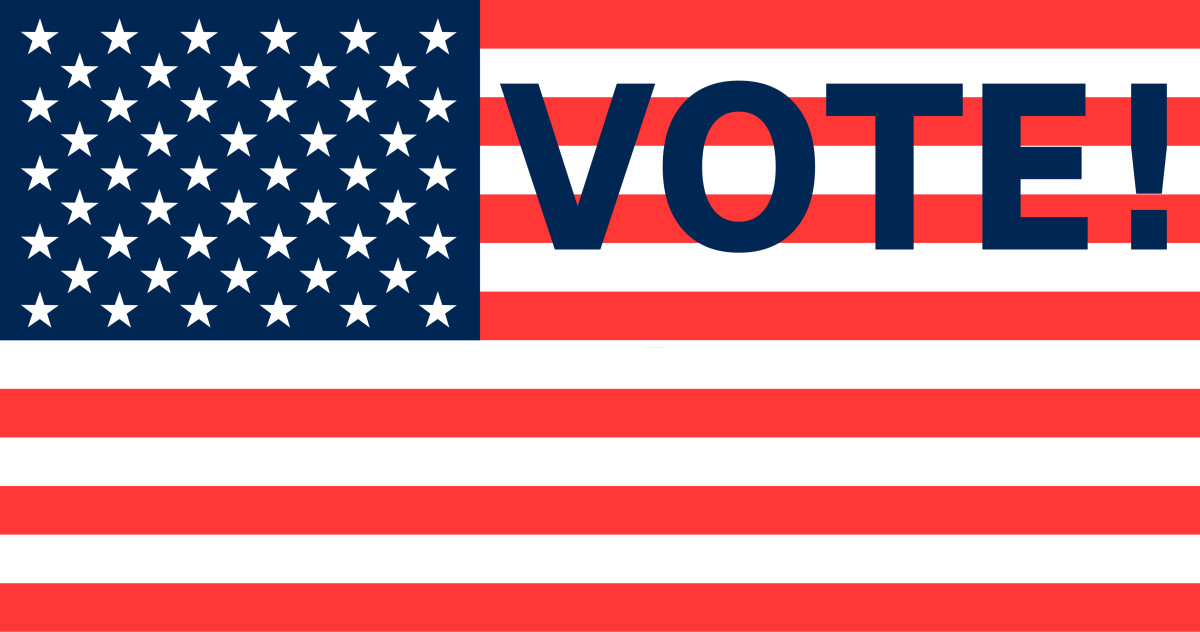
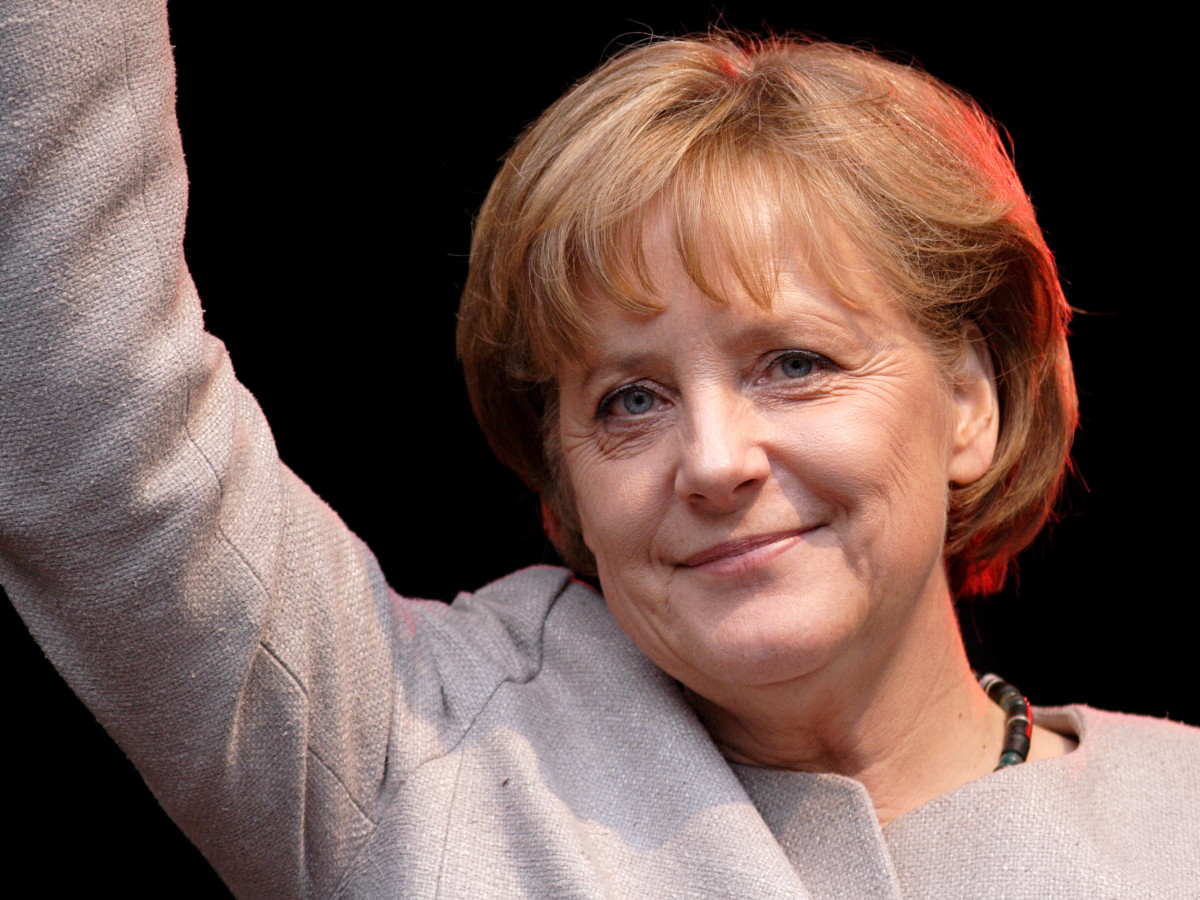
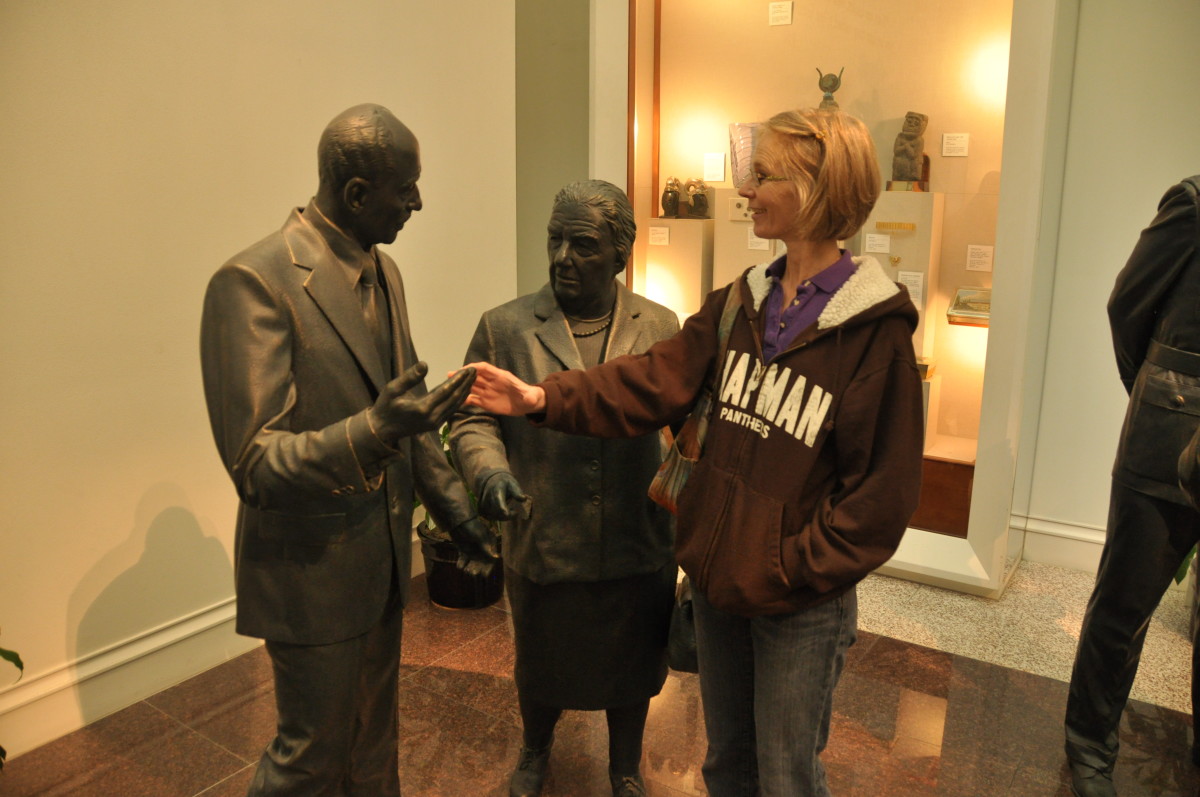
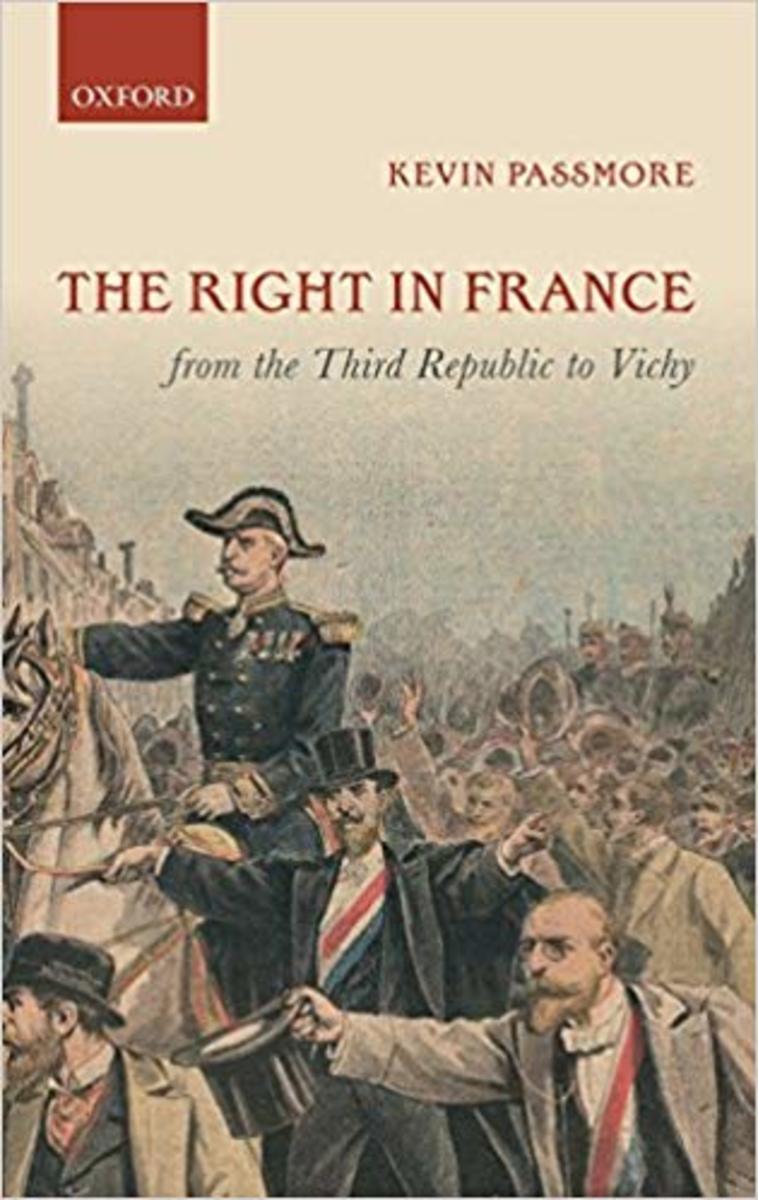


![American Politics: Corruption In Politics and Business [277*2]](https://usercontent1.hubstatic.com/12889900_f120.jpg)